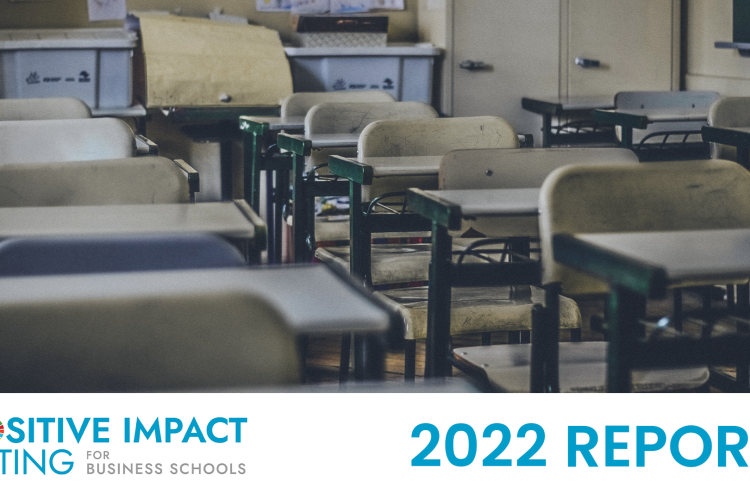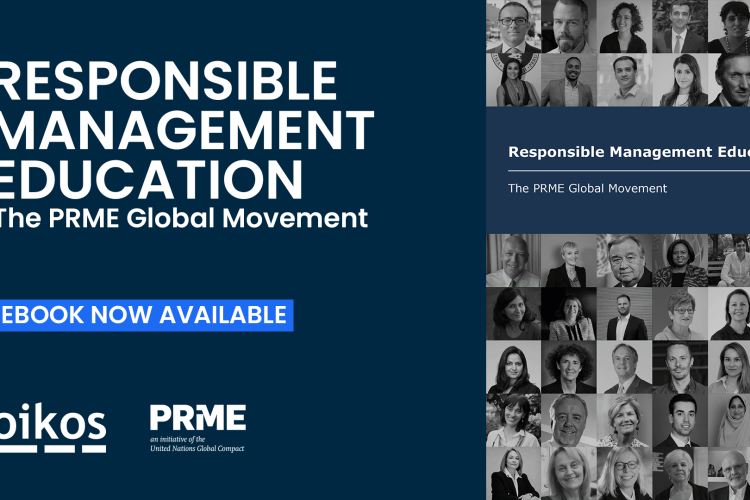Case Abstract
This case describes how Florida Ice & Farm (FIFCO), Costa Rica’s leading beverage company, develops and implements a triple bottom line strategy that addresses not only its financial returns but also its social and environmental performance. This initiative was adopted during the financial crisis, severely testing FIFCO’s commitment to sustainability.
The case opens in 2003 as a new CEO, Ramon Mendiola, initiates radical changes to bring FIFCO’s productivity into line with the world industry leaders. In the first phase (2004-2006), he focuses on operational excellence, increasing efficiency and improving financial returns. In the second phase, he challenges the company to double sales and earnings in two years, which is achieved through a combination of internal growth and new acquisitions in foods and beverages. Having achieved this goal, Ramón presents a new challenge to his executive team: the “triple bottom line” strategy. No sooner is the strategy launched than the company is hit by the world recession and the abrupt passing of a draconian traffic law.
The case describes the dilemma facing the CEO in early 2009, the decision to reaffirm the triple bottom line strategy, and the implementation of that strategy through a “sustainability balanced scorecard.” Of the 12 objectives set by the executive team in consultation with stakeholders, the case focuses on three: changing the culture of alcohol consumption in Costa Rica; becoming “water- neutral” in 2014; and promoting employees’ voluntary work through a menu of community service options. As a result of its accomplishments, FIFCO is identified by the World Economic Forum and the Boston Consulting Group as among the top 16 out of a thousand companies in emerging nations having innovative sustainable business practices, and is awarded the title of “sustainability champion.”
The issue facing Ramon Mendiola at the end of the case is what should be the next challenge for the company. He could continue to consolidate the triple bottom line within FIFCO, or he could spread the philosophy to his business partners. The case presents several alternatives. The company could work with long-time suppliers to reduce their environmental footprints or it could focus on distributors and retailers to promote recycling or volunteerism.
[table id=37 /]



